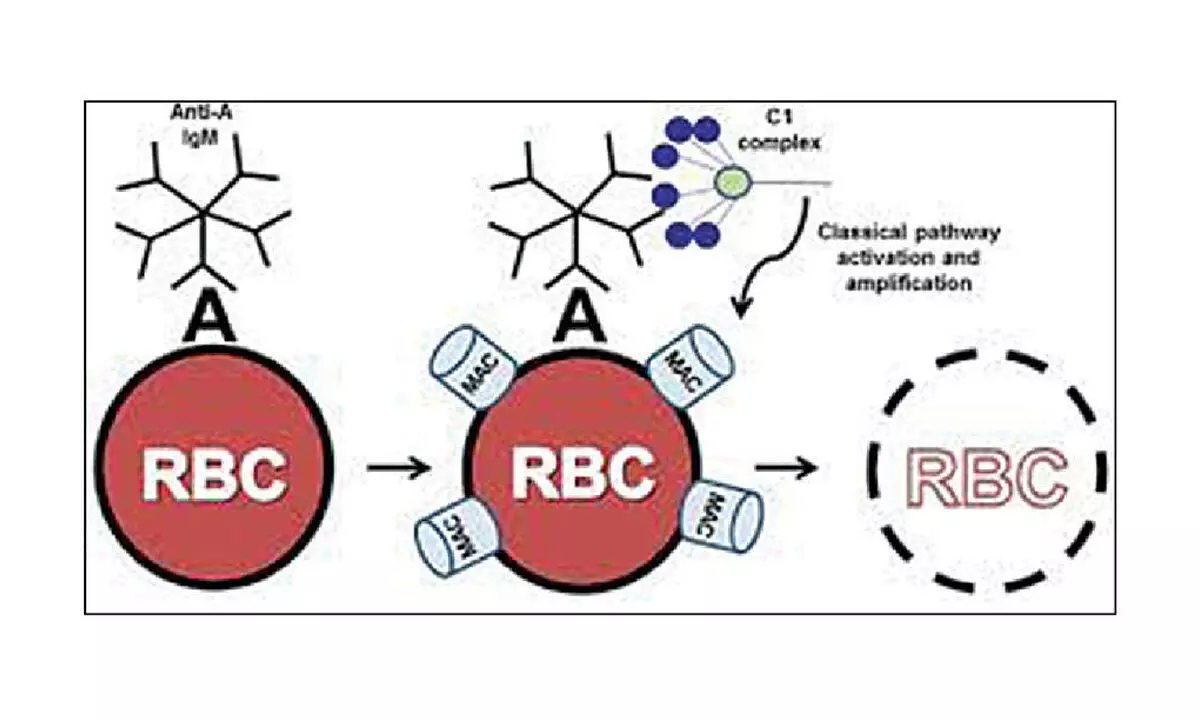Solving incompatible kidney transplants across blood groups

When faced with the inevitable situation of performing a kidney transplant between a donor and recipient with different blood groups, ABO incompatible kidney transplantation (ABO I KT) offers a possible solution.
Bengaluru: When faced with the inevitable situation of performing a kidney transplant between a donor and recipient with different blood groups, ABO incompatible kidney transplantation (ABO I KT) offers a possible solution.
Things once considered impossible have become possible with medical evolution, and ABO I KT is one such advancement. Transplanting across different blood groups was considered an absolute contraindication until the 1980s.
Speaking to The Hans India, Senior Consultant - Nephrologist, and Transplant Physician at Manipal Hospital, Yeshwanthpur, Dr. Deepak Kumar Chithralli said, In the early 2000s, ABO I KT gained popularity in Japan and Europe and later spread across the globe. Over the last decade, various transplant centers across Karnataka have successfully performed ABO I KT. He said : ‘We performed our first case of ABO I KT in early 2018 at Columbia Asia Hospital, Yeshwanthpur (now Manipal Hospitals). The case was challenging as it involved convincing the entire system since it was the first of its kind and required coordination between teams of Nephrology, Transplant Surgery, Blood bank, Technicians, and others.
‘It was a gratifying experience as the patient did extremely well after the transplant, motivating us to perform more such transplants.
Over the years, we have developed our own protocol for ABO I KT, which can be tailored to the recipient’s clinical profile. To date, we have performed 40 ABO I KTs with good outcomes.’
It’s all about ISA
Isoaglutinins titers (ISA) against the donor blood group are of paramount importance in the process of ABO I KT, and their removal during the peri-transplant period is the cornerstone for the success of these transplants. ISA removal can be achieved through ISA suppression (rituximab) and ISA eviction (plasmapheresis or immunoadsorption), said Dr Deepak Kumar.
Process involved
He said, Estimating isoaglutinin titers using the gel card method pre-transplant and planning the suitable method of ISA eviction is important. The number of sessions of PP or IA depends on baseline ISA titers and the patient’s profile. The target titers to be achieved are 1:8 or less on the day of surgery, and we choose to perform PP/IA if titers rebound to more than 1:64 during the first week after transplant. He added, Immunosuppression involved is ATG as an induction agent and triple immunosuppression as a maintenance regimen. After 7-10 days, accommodation of the graft kidney with the different blood groups occurs, and the recipient’s body accepts the organ as its own.








